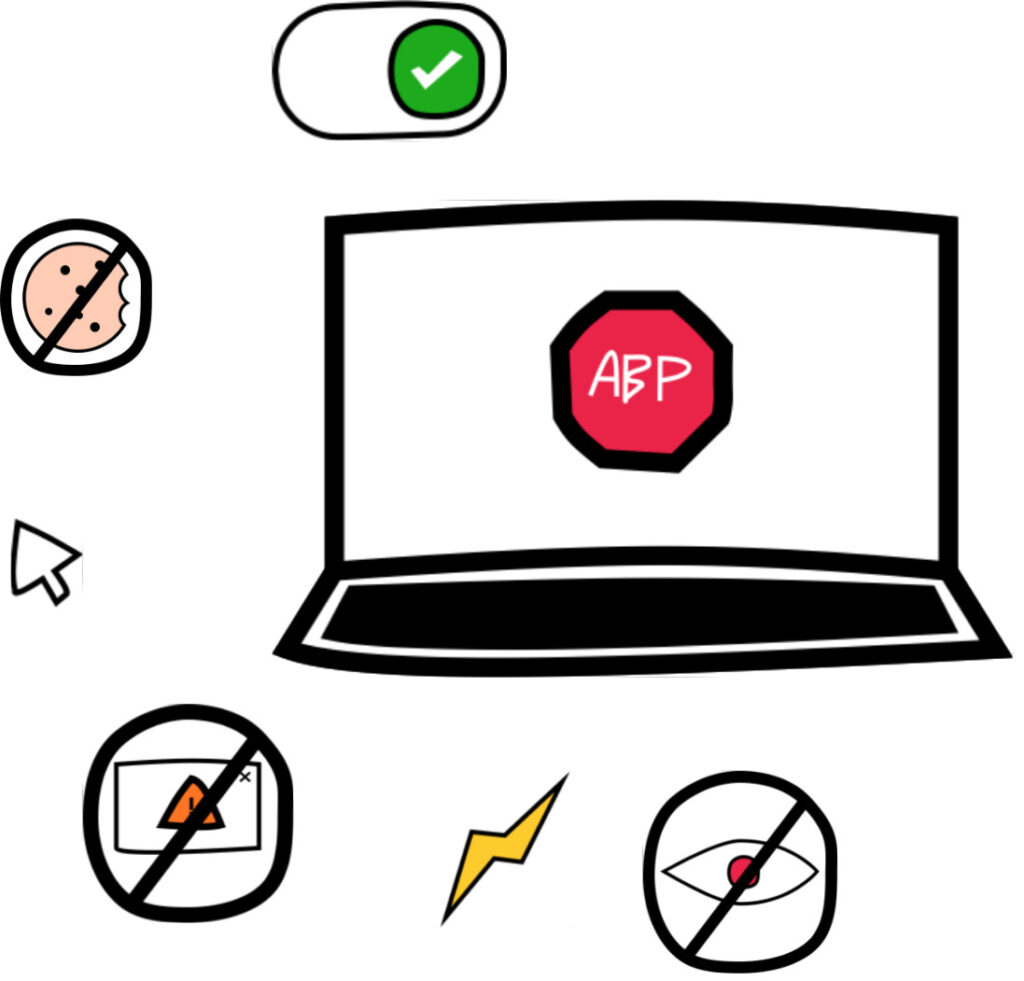eyeo, developer of the super-popular ad-filtering browser extension Adblock Plus, announced that it has won a case filed against it by Axel Springer publishing group on copyright grounds.
The case was dismissed by the Hamburg Regional Court with judges saying that the program does not violate copyright law (via Spiegel).
The legal dispute between Axel Springer and eyeo lasted has now eight years. Springer had first filed a lawsuit back in 2014 before the Cologne Regional Court. Although the group was able to achieve partial success initially, it failed completely before the Federal Court of Justice (BGH) which did not accept an appeal against its judgment.

With advertising continuing to be one of the main sources of income for online media, the dispute obviously involved a lot of money. Springer therefore not only wanted eyeo to stop blocking ads on its sites but also demanded compensation for all advertising calls that have been prevented since 2016.
The initial lawsuits were based on competition law. While the ad blocker is free of charge, eyeo does charge companies if they wish to smuggle unobtrusive advertising through the filter. This seemed illegal for lawyers of multiple publishers since they thought it intervened in the operations of other companies. But chief judges rejected the argument.
The new lawsuit took up a different angle though. Axel Springer argues that by interfering with website code, Adblock Plus infringes copyright. Lawyers of the group quoted an incident from 2012 where the Hanseatic Higher Regional Court banned a cheating program for the PSP that allowed its users to gain unfair advantages.
However, the Hamburg court sees a fundamental difference between the two cases. Sure, Adblock Plus alters website code in a way that its developers don’t want it to. But the changes are made only on the user’s end — to the structure of the display created in the browser — and not in the transferred files themselves.
In other words, Adblock Plus does not change the program substance, but only the program flow.
The distinction is necessary, the judges emphasized, as interpreting copyright too broadly would also affect other ‘harmless’ browser extensions that ultimately also work by altering HTML code. It would more or less have made it illegal for any technology or consumer to alter a website page appearance — a direct contravention of the open standards set by the World Wide Web Consortium (W3C).
RELATED:
- TikTok becomes the King of the internet, dethrones Google
- Starlink registers Indian subsidiary company to launch its internet service
- South Korean internet service provider sues Netflix over ‘Squid Game’
- FTC sues Nvidia to block $40 billion acquisition of ARM
- Stolen Samsung TVs can be remotely blocked but need to be connected to the internet



